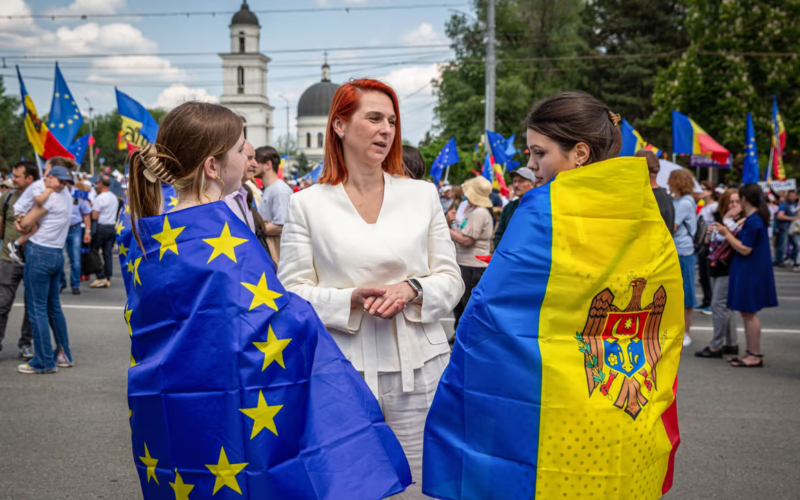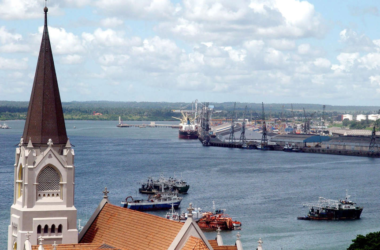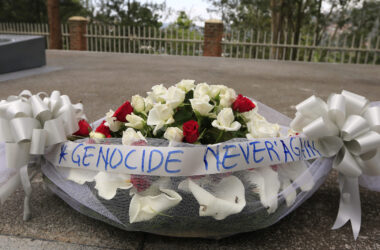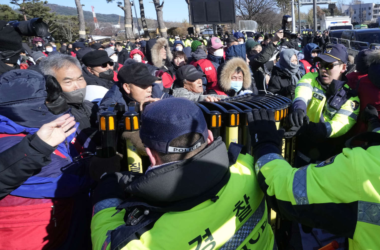As Moldova prepares for its parliamentary elections and a pivotal referendum on European Union membership in October 2024, debates have intensified in Washington over the U.S. role in the region. Proponents of increased American involvement argue that countering Russian influence is crucial, yet this approach carries significant risks of escalation with Moscow.
Moldova, a nation of about 2.6 million people located between southern Ukraine and Romania, faces complex challenges. The country’s geopolitical situation is further complicated by the presence of Transnistria, a breakaway region backed by Russia. Transnistria has operated with de facto independence since the early 1990s, following a ceasefire that included Russian, Moldovan, and Transnistrian peacekeeping forces. While internationally recognized as part of Moldova, Transnistria remains a focal point of tension.
Recent reports suggest that Russia might be meddling in Moldova’s preparations for the upcoming elections. This alleged interference has prompted calls from some U.S. policymakers for a robust response, including bolstering Moldova’s defenses, supporting NATO initiatives to counter hybrid aggression, and addressing the Transnistrian issue through diplomatic means excluding Russian participation.
Despite these calls for action, several factors suggest that deeper U.S. involvement may be ill-advised:
- Potential for Escalation: Increasing American involvement in Moldova’s affairs could exacerbate tensions with Russia, which is already heavily involved in the conflict in Ukraine. According to Matthew Bryza, a former U.S. Deputy Assistant Secretary of State for Europe and Eurasia, Russia lacks the capability to invade Moldova while it remains focused on Ukraine. Aggressive U.S. actions might provoke unnecessary confrontation without significantly enhancing Moldova’s security.
- European Leadership: Moldova’s path toward EU membership and conflict resolution in Transnistria might be better managed by European actors. The European Union has a vested interest in Moldova’s stability and is better positioned to support Moldova’s EU aspirations and mediate in the Transnistria dispute. Encouraging a renewed focus on the 5+2 dialogue—which includes the EU, U.S., Russia, Ukraine, the OSCE, Moldova, and Transnistrian authorities—could provide a balanced approach to resolving regional tensions.
- Moldova’s Democratic Processes: Moldova has made strides in its democratic development, with recent Freedom House reports recognizing its progress. While the country faces challenges, there is a risk that heightened U.S. involvement could be perceived as undermining Moldova’s constitutional neutrality and its self-determined political path. Moldova has demonstrated its capability to conduct free and fair elections, and maintaining a supportive but non-interventionist stance might better respect its sovereignty.
Historically, the U.S. has supported Moldova’s sovereignty and territorial integrity but has generally refrained from deep involvement in its internal conflicts. The 2003 Kozak Memorandum, which proposed a federal arrangement allowing Russian troops to remain in Transnistria, was opposed by Washington due to concerns over Moldova’s potential NATO membership. Current calls for more extensive U.S. engagement echo past debates but must be weighed against the potential consequences of heightened geopolitical tensions.
While there are valid concerns about Russian interference in Moldova, the question remains whether it is Washington’s responsibility to intervene more forcefully. The risks of escalating U.S.-Russia tensions, coupled with Moldova’s capacity for self-governance and the EU’s role in the region, suggest that restraint may be a more prudent approach. By supporting Moldova through diplomatic means and encouraging European leadership, the U.S. can help foster stability without deepening its entanglement in Eastern European affairs.








